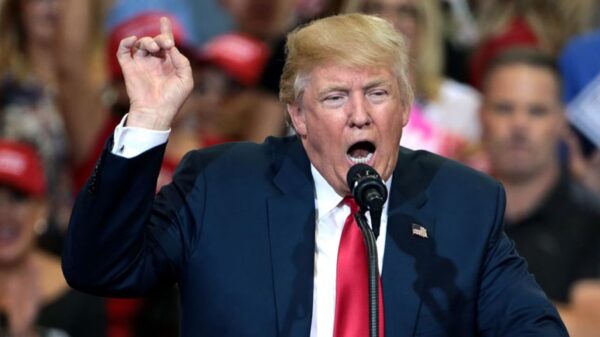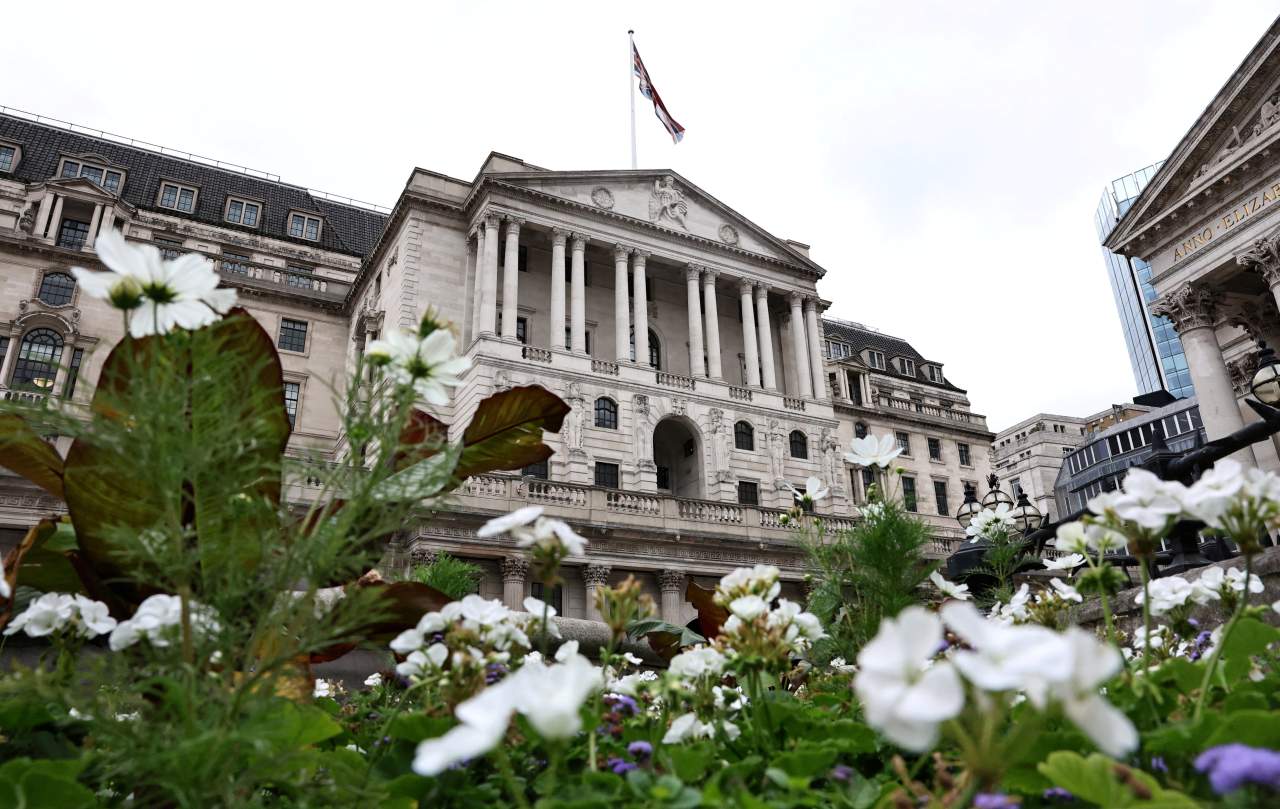The British Labour Party is grappling with significant economic challenges as it proposes tax increases without implementing corresponding spending cuts. This strategy has raised concerns among investors and financial analysts, prompting warnings from bond market experts regarding potential repercussions for the UK economy.
Tax Policy Under Scrutiny
The party’s recent discussions have centered on raising taxes to fund social programs and public services. However, critics argue that increasing taxes without cutting expenditures could destabilize the economy. In particular, bond vigilantes—investors who closely monitor government fiscal policies—are closely watching Labour’s moves. Their apprehension stems from the potential for increased borrowing costs if confidence in the government’s financial management wanes.
Experts indicate that the proposed tax increases could amount to approximately £40 billion annually. This figure underscores the substantial burden that could be placed on taxpayers. According to economic analysts, such a policy might lead to higher interest rates and reduced investment in the UK, further complicating the nation’s economic recovery.
Labour’s leadership, including key figures such as the Chancellor of the Exchequer, has defended the tax strategy as necessary for funding essential services. They argue that without additional revenue, vital programs in health, education, and infrastructure may suffer. Nevertheless, the lack of a clear plan for spending cuts raises questions about the sustainability of this approach.
Market Reactions and Future Implications
The bond market’s reaction has been immediate, with yields on government bonds rising in response to the proposed tax policies. Investors are signaling their concerns about the long-term viability of Labour’s fiscal strategy. The movement in bond prices reflects a growing apprehension that the government’s debt levels could become unsustainable if tax revenues do not meet projections.
As political debates intensify, the Labour Party faces mounting pressure to provide clarity on its economic agenda. The party must balance the need for funding public services with the imperative to maintain investor confidence. Failure to do so could lead to a significant backlash in financial markets, affecting the overall economic landscape of the UK.
In conclusion, the British Labour Party’s decision to pursue tax increases without corresponding spending cuts presents a complex economic situation. The implications for the UK economy and its bond market are profound, and both policymakers and investors will be watching closely as the situation unfolds.





































































